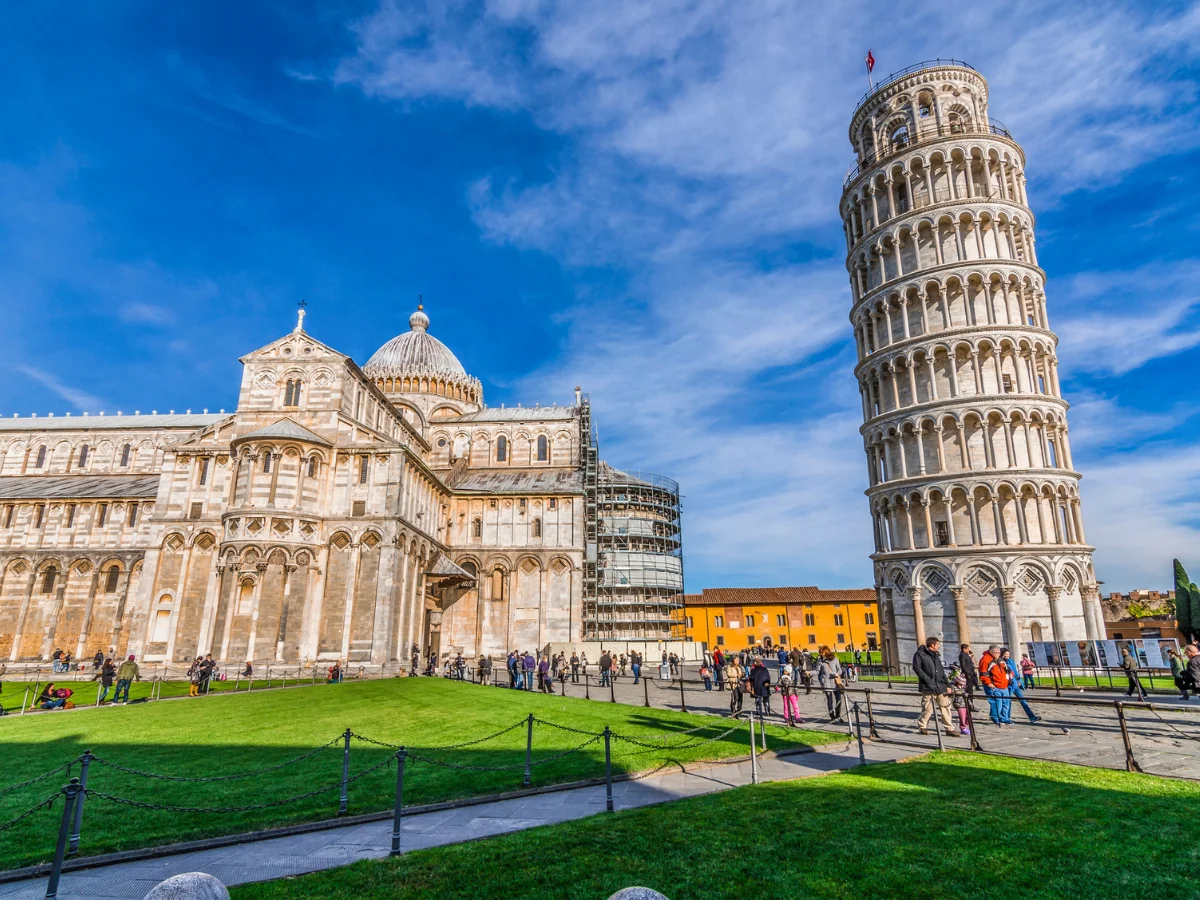Crateuas revolutionized medical practice
Crateuas revolutionized medical practice through his botanical expertise and groundbreaking work in pharmacology. His comprehensive text, “De Materia Medica,” documented hundreds of medicinal plants and their therapeutic uses, bridging Greek and Roman medical traditions. As a physician to the elite, including members of the imperial family, Crateuas gained widespread recognition for his healing prowess. Although much of his original writings have been lost, Crateuas’ influence persists in modern herbal medicine and pharmacology. His systematic approach to plant-based healing continues to inspire researchers and practitioners, underscoring the enduring legacy of his contributions to medical science.

The Physician Crateuas revolutionized medical practice
Introduction
Crateuas, a renowned physician from the 1st century BC, left an enduring mark on the medical landscape of ancient Rome. His pioneering work in botany and pharmacology contributed significantly to the understanding and treatment of various ailments.
Botanical Expertise
Crateuas was celebrated for his profound knowledge of plants and their medicinal properties. He meticulously documented hundreds of botanical specimens, detailing their therapeutic uses in treating a wide range of conditions.
“De Materia Medica”
Crateuas’ most notable work, “De Materia Medica,” served as a comprehensive botanical encyclopedia. This seminal text cataloged medicinal plants, their descriptions, and applications, providing invaluable insights into ancient pharmacology.
Therapeutic Innovations
Through “De Materia Medica,” Crateuas introduced numerous herbal remedies and therapeutic formulations. His meticulous observations and experimentation expanded the repertoire of medical treatments available to ancient Roman physicians.
Integration of Greek and Roman Medicine
Crateuas seamlessly integrated Greek botanical knowledge with Roman medical practices, bridging cultural divides and enriching the collective understanding of medicinal plants. His work served as a vital link between ancient medical traditions.
Royal Patronage
Crateuas’ expertise garnered him royal patronage, as he served as a physician to prominent figures in Roman society, including members of the imperial family. His reputation as a skilled healer spread far and wide.
Enduring Legacy
Although much of Crateuas’ original writings have been lost to history, his influence persists in botanical medicine and pharmacology. Modern herbalists and pharmacologists continue to study his work, drawing inspiration from his systematic approach to plant-based healing.
Conclusion
Crateuas’ contributions to ancient Roman medicine are immeasurable. His botanical expertise, as showcased in “De Materia Medica,” laid the groundwork for advancements in pharmacology and herbal medicine. Crateuas’ legacy as a pioneering physician and botanist endures, serving as a testament to the enduring value of his contributions to medical science.



